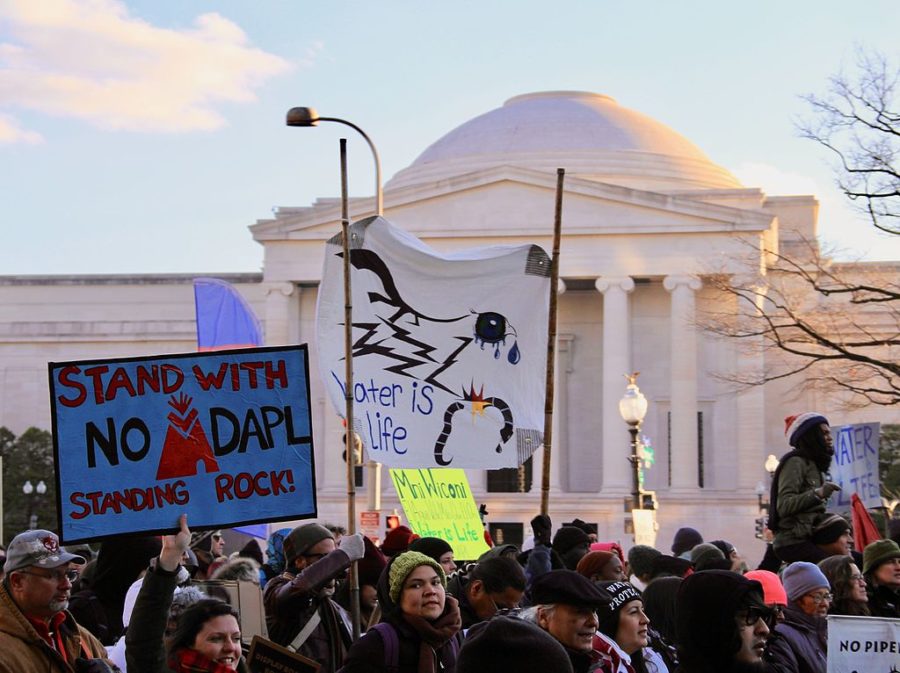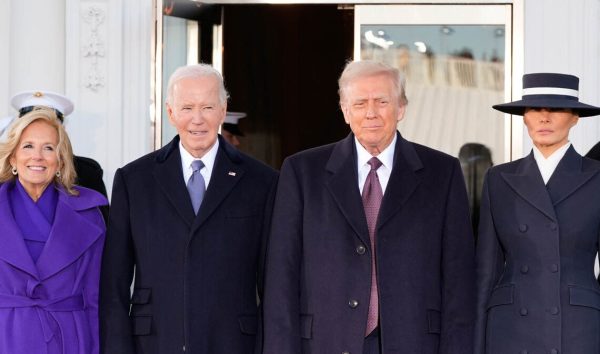Pipeline pardoned by Obama, resurrected by Trump
Photo via Google under Creative Commons license
Protests re-erupted across the country following Trump’s resurrection of the Dakota Access Pipeline.
The saga of the Dakota Access Pipeline, seemingly facing curtain call with the Obama administration, has been forced back upon the national stage under President Donald Trump.
By December of last year, both the Obama administration and the Army Corps of Engineers rejected plans for construction of the pipeline, citing complaints from local tribes and other environmental concerns.
This victory for opponents of the pipeline, however, was short-lived, as Trump soon expressed executive warmth toward the project.
A few days after his inauguration, Trump implored the Army to “review and approve in an expedited manner” the pipeline, while asking for the Corps to rescind its original rejection.
In addition, Trump formally invited TransCanada, the company overseeing the project, to “promptly re-submit its application” for reconsideration.
Though the Army originally made clear that this forced expedition did not equal confirmation, the acting secretary of the Army later encouraged the Corps to reverse its decision and proceed with easement of the project.
In the days before the Army’s final judgement, protests against the project were reignited and culminated in the arrest of approximately 76 people near the project’s proposed site.
The Corps of Engineers approved easement of the pipeline Feb. 7, despite the fact that the Army’s original decision-making window, which included consideration of public opinion, lasted until Feb. 20.
So far, all attempts to halt the project have failed, including a legal challenge filed by the Sioux and Cheyenne tribes, which was denied by a federal judge on March 7.
Though the cities of Seattle, Wash. and Davis, Calif., along with a Norwegian fund responsible for the pensions of government workers, have decided to divest in companies involved with the project in protest, oil finally entered the long-delayed pipeline on March 27.







